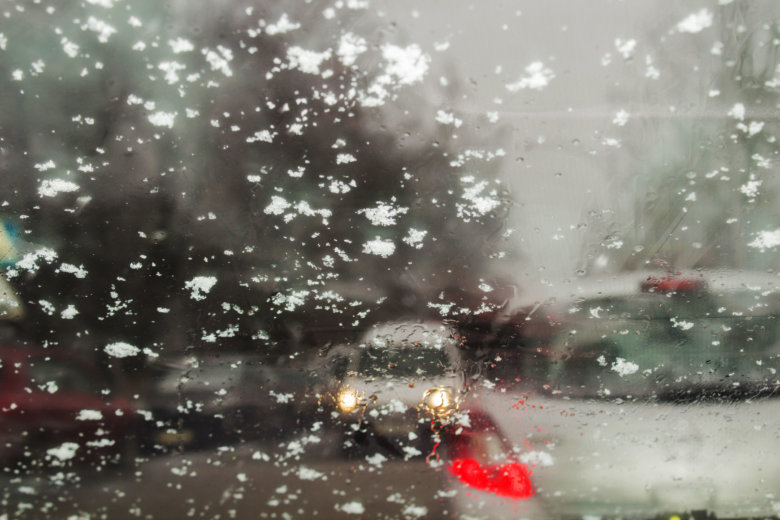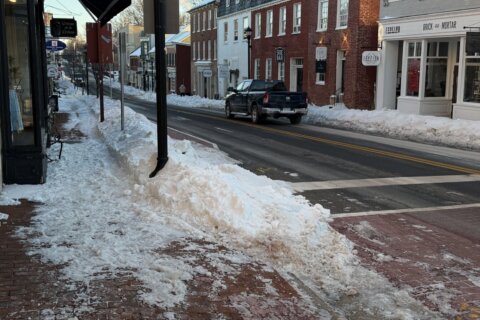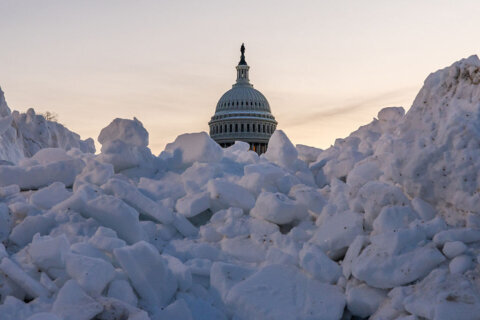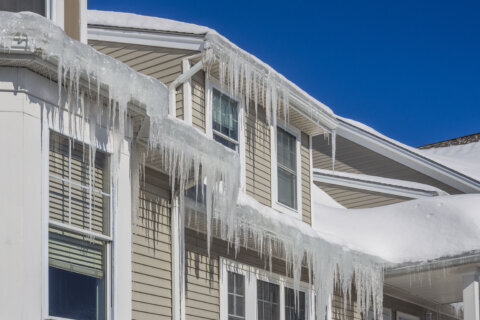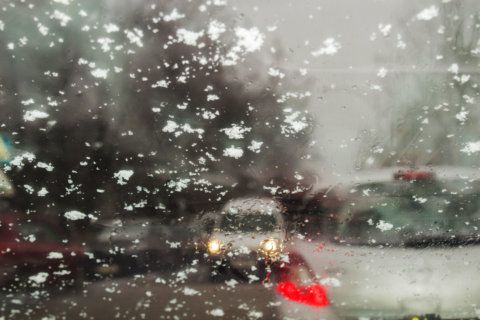
As Thanksgiving week starts, a record number of travelers will be dealing with three storms nationwide that will add to the holiday stress.
One storm will lash the East and will affect travel through Sunday, another one will batter the Midwest on Tuesday and a third one will move through the West on Wednesday.
Though the weather is subject to change over the next few days, here’s the current forecast to better prepare for the trip to grandma’s house this weekend:
Storms continue across eastern US
Freezing rain will develop over parts of the northeast Sunday, with snow expected in the same region as the day progresses, the National Weather Service said.
Rain will move out of the northeastern region by Monday morning, but snow will linger, it said.
In the East, a storm system will bring heavy rain to various cities Sunday, from Philadelphia and New York City to Boston, while heavy snow is expected across northern New England to northern Maine.
In the West Coast, a winter storm may affect holiday travel with heavy snow possible over the Sierra, the NWS said. Lots of rainfall is possible for Southern California beginning Tuesday.
Snow to wallop Midwest
A front will move east from the Pacific to the Northern Plains over the weekend, the NWS said. By Monday, the front will be in the Upper Great Lakes and all over the Midwest.
Snowfall is expected Tuesday from the Central Plains to the Upper Great Lakes. Snow is also possible Wednesday in the Southern High Plains and Thursday in northcentral US.
Chicago will start with rain Tuesday afternoon, then turn to snow late Tuesday. The snow should be out of Chicago by Wednesday morning.
Parts of Wisconsin and Michigan will get a round of heavy snow on Tuesday and early Wednesday before clearing out.
Behind the system, temperatures will drop 5 to 15 degrees. Much of the Midwest will have highs in the upper 30s to low 40s for Thanksgiving Day, with dry conditions.
Busiest travel season
All the threats of terrible weather will be mixed with an increase in travel.
AAA is expecting this year to have the second-highest number of travelers in at least a decade. The organization is predicting an increase of 1.6 million travelers compared to last year, with most people driving to their destination thanks to lower gas prices.
Wednesday is expected to have the most traffic congestion. Atlanta, Los Angeles, New York, Boston, Houston and San Francisco could see more than three times their norms.

